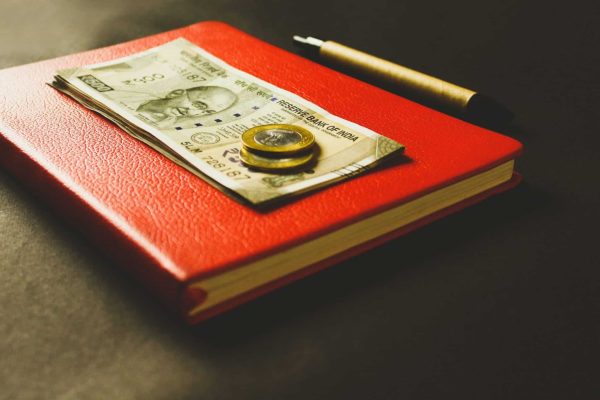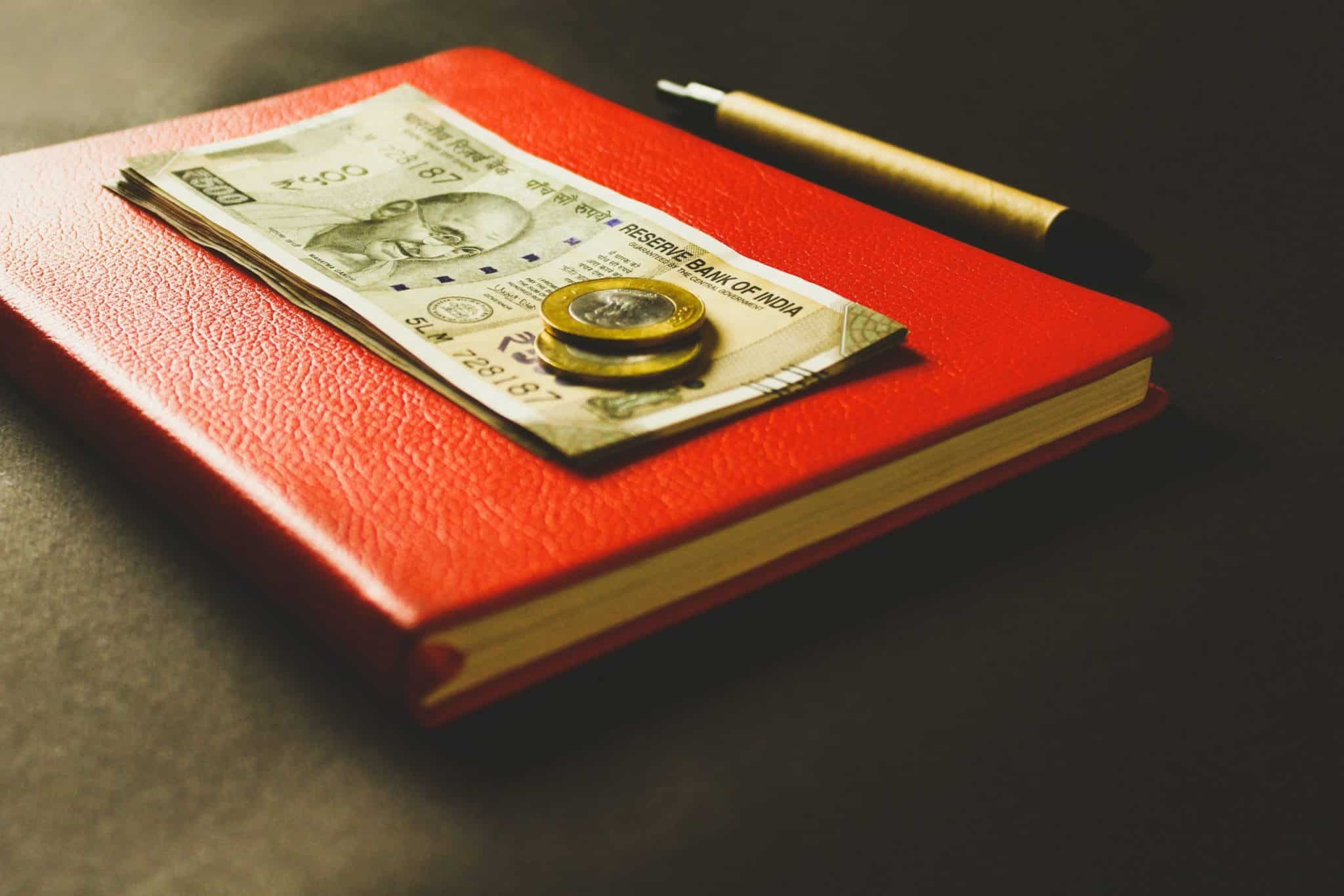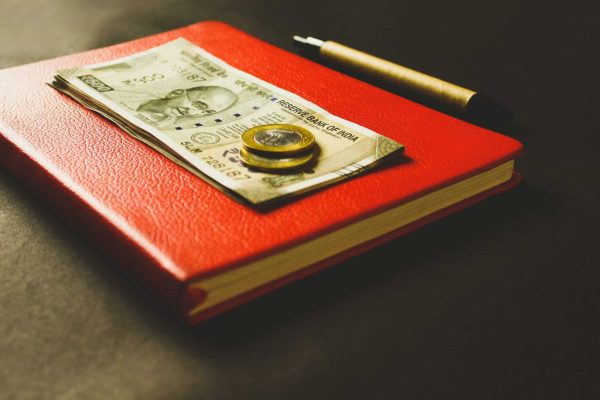
Dealing with property abroad | Islamic Wills – IslamicFinanceGuru
31 May 2022 1 min read


Isma'il Mustafa
Head of Operations
3 min read
Last updated on:
A bequest is a gift made within a will. For Islamic wills, this is an important tool to ensure that we can leave some charity to gain us reward beyond the grave and that our loved ones (that aren’t our Islamic inheritors) receive a part of the inheritance.
Muslims can make bequests that amount to a maximum of 1/3 of their estate.
In theory, a bequest can be made in favour of anyone.
If, however, a bequest is made in favour of an Islamic inheritor then all other Islamic inheritors will need to consent to it for it to succeed as it will be impacting on the shares determined through Islamic guidelines.
That’s not to suggest we are trying to thwart what Islam is trying to achieve, hence the requiring of consent from the other Islamic inheritors, but that we are trying to achieve more with the aftermath of our passing.
You can also specify that you wish to give specific items to specific people (a ‘specific legacy’). So if you want to give your favourite pair of trousers to your favourite nephew, you can write that in – though it must be sufficiently clear what is being given and to whom.
If a specific legacy is made in favour of an Islamic inheritor, the gift can be drafted in as part of their share of the inheritance.
If you do not think that the Islamic distribution will not best achieve justice to your loved ones based on your particular circumstances and bequests will not enable you to rectify this, then the gifts should be made in your lifetime.
Whilst you are alive, your wealth is yours to distribute as you so wish. Our intention is an essential component here- remember that more can be achieved in submission than any of our plans as Allah is the best of planners.
Last but not least, we have the ability to leave behind charitable donations in your will (‘legacy gifts’).
Sadaqah Jariyah should be an important feature of every Muslim’s will, no matter how small. The Prophet (saw) told us that: “When a person dies, his deeds come to an end except for three: Sadaqah Jariyah (a continuous charity), or knowledge from which benefit is gained, or a righteous child who prays for him” [Muslim].
Not only are legacy donations significant in terms of blessings, they are a lifeline for vital charities (even large charities like Shelter received 30% of their income in 2019 from legacies). Wider UK statistics show that legacies currently amount to £3-5 billion annually!
It’s important not to forget that, whilst charitable donations bring us blessings, fulfilling our duty of providing for our families is a way to please Allah – so much so that the Prophet (saw) advised us to prioritise providing over charity.
“I became sick during the year of the Conquest, and was at death’s door. The Messenger of Allah (SAW) came to visit me and I said: ‘O Messenger of Allah (SAW), I have a great deal of wealth and no one will inherit from me apart from my daughter. Can I give two thirds of my wealth in charity?’ He said: ‘No.’ I said: ‘Then half?’ He said: ‘No.’ I said: ‘One third?’ He said: One third and one third is a lot. If you leave your heirs rich that is better than leaving them destitute and begging from people.” [Ibn Majah & Bukhari]
This article is part of our Islamic Wills FAQ series.

31 May 2022 1 min read

31 May 2022 1 min read
Leave a Reply